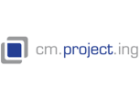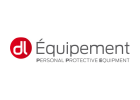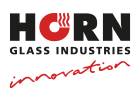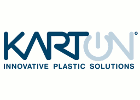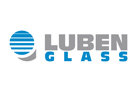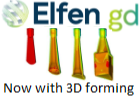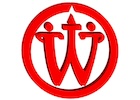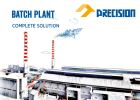Termopan increases sales and improves quality standards
What do the light bulbs in your room, the windows that let you see nature outside and the screen in which you are reading this have in common? That’s right: they are all made of glass. Some claim that glass is humankind’s most important – yet overlooked – material and Termopan is making a living out of it.
Termopan is a small glass company in Kosovo that produces all imaginable kinds of glass: from decorative panels to doors or windows. Its variety of products and unique designs has made the company well known amongst its clients and competitors.
The EBRD, with support from the European Union, helped Termopan to invest in modernising its equipment and operations, resulting in further business growth.
‘Crystal clear’ challenges
“We started our activities almost 30 years ago, in 1992,” explains Gezim Zhdrella, the sole owner of Termopan.
“At first it was established as a small family business and we carried out a very small number of activities: mainly just glass cutting and processing.”
With time and hard work, the company steadily expanded its services and operations. Today, Termopan is a well-known brand in the field that employs 31 people and sells all kinds of decorative panels, doors and windows.
“With many years of experience in the field, we have slowly expanded and specialised in each stage of the production of our goods,” explains Gezim.
But despite the level of specialisation and the wide array of products, a market review revealed that there was local demand for some that Termopan had not mastered yet.
“We understood that in order to become more competitive in the local market and to expand regionally, buying new machinery was not enough: to be able to compete we also had to invest in high quality and standards,” he says.
Looking at the future through ‘rose-tinted glasses’
Together with the European Union, the EBRD is helping SMEs in the Western Balkans through its SME Competitiveness Programme. The programme, supported by the EU, helps boost SME competitiveness and trade capacity through compliance with EU environmental, occupational health and safety, product quality and safety standards.
The EBRD provides credit lines to local partner financial institutions – ProCredit Bank in the case of Termopan – which they lend on to businesses. The programme was recently expanded to increase support for companies following the coronavirus pandemic.
“We invested in a production line for two key products in the industry: tempered glass, a type of processed safety glass that is about four times more resistant than conventional glass, and coloured glass. This considerably increased our competitive advantage in the market and bumped our sales,” explains Gezim.
Through these investments, the company has been able to boost its productivity, replacing old technology with environmentally friendly one and enhancing quality, as well as improving standards of health and safety.
This helped Termopan to save 686 MWh in energy yearly or use 23.2 per cent less energy as compared to before. It also allowed the company to find the best solution to meet EU directives on construction products, waste, machinery and electrical equipment.
Such upgrades help SMEs like Termopan not only to increase their profitability at home through higher quality product and service offerings, but also to become a more competitive trading partner on export markets, such as the EU.
“The investment gave us the little push we needed to grow and expand regionally. Now we can keep focusing on what we do best: combining quality products and unique designs to make spaces as beautiful as possible,” Gezim concludes.




